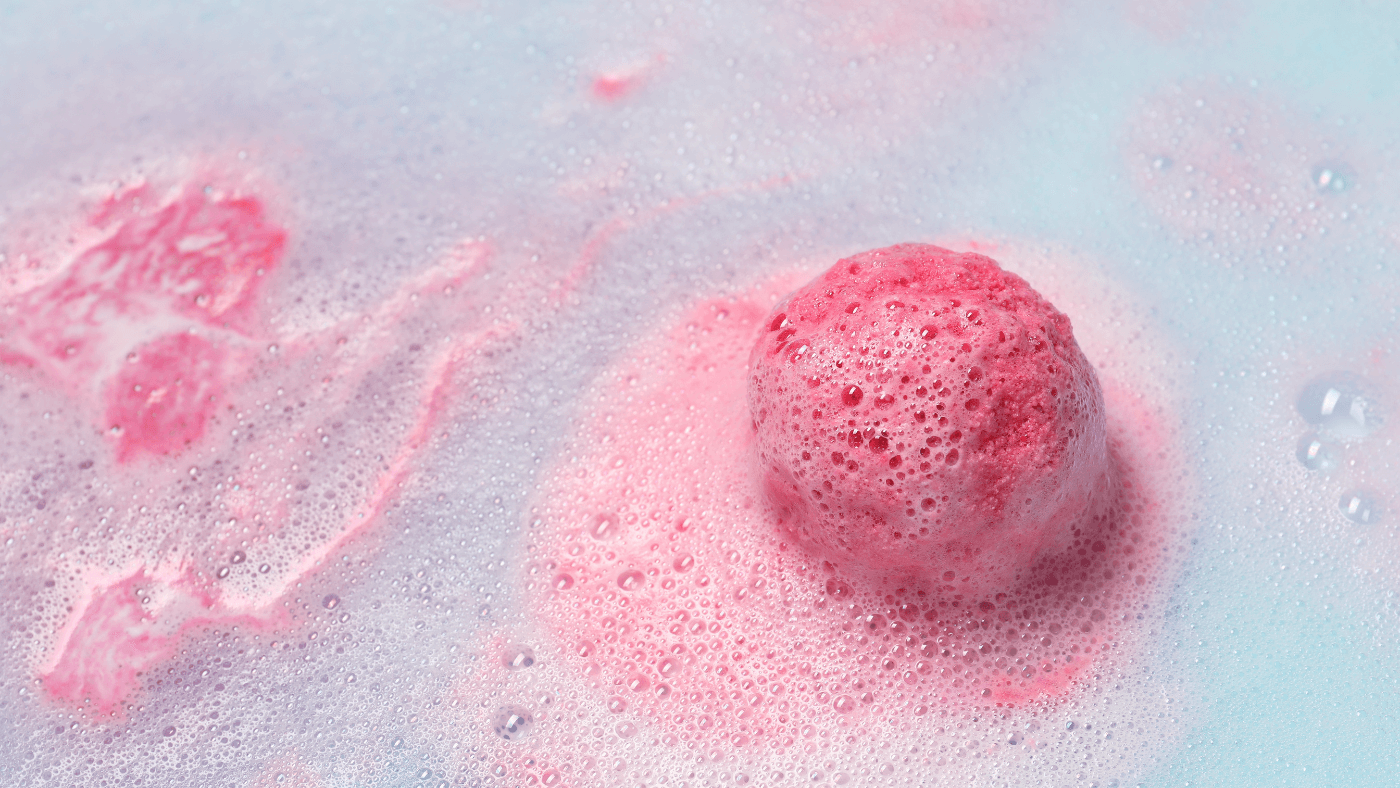If you've been scrolling through skincare TikTok or browsing your favourite indie bath and body shops, chances are you've come across whipped soap. With its fluffy, frosting-like texture and luxurious lather, it’s no surprise this product is gaining popularity. But one question still pops up frequently: how does whipped soap work?
Whether you’re a skincare enthusiast, small business owner, or just curious about your bath-time essentials, this guide will give you the full scoop on whipped soap - from how it’s made to what makes it so effective. So let’s dive in and find out exactly how does whipped soap work, and why it's worth adding to your daily routine.
What Is Whipped Soap?
Whipped soap is a creamy, aerated soap base that’s been "whipped" to create a soft, mousse-like consistency. It often looks similar to whipped cream or frosting, making it both visually appealing and fun to use. Despite its dessert-like appearance, whipped soap is a fully functional cleanser designed for use on the body - and sometimes even the face.
It can be enriched with moisturising oils, butters, exfoliants, or clays, and it’s commonly scented with fragrance or essential oils to enhance the bathing experience.
How Does Whipped Soap Work?
So, how does whipped soap work? At its core, whipped soap functions much like any other soap - it uses a combination of surfactants (cleansing agents) and water to lift away dirt, oil, and sweat from the skin. But there are a few things that make whipped soap unique.
1. The Science of Surfactants
Whipped soap contains mild surfactants such as sodium cocoyl isethionate (SCI) or cocamidopropyl betaine, which are derived from coconut oil. These surfactants break the surface tension of water and allow oils, dirt, and impurities to be lifted from the skin and rinsed away. Because whipped soap is typically made with gentle, skin-friendly ingredients, it’s often suitable for sensitive skin types.
2. Whipped Texture = Creamy Lather
The “whipping” process introduces air into the soap base, which gives it its distinctive light and fluffy texture. This not only makes it easier to spread across the skin, but it also contributes to a rich, foamy lather. As you work it into your skin with water, it transforms into a bubbly cleanser that feels luxurious and silky.
3. Multi-Use Product
Another reason whipped soap has become so popular is its versatility. It can be used as:
A body wash
A shaving cream
A hand soap
Even a gentle face wash, depending on the formulation
This 3-in-1 capability makes it a go-to product for simplifying your routine.
Why Is Whipped Soap So Popular?
Now that we’ve answered “how does whipped soap work?,” let’s explore why it’s making such a splash in the skincare world.
- Aesthetic Appeal
Whipped soap is visually stunning. Makers often add swirls of colour, sparkles, or piped textures that mimic cake frosting. It’s not just a cleanser - it’s an experience.
- Customisable Formulas
Crafters can easily customise whipped soap with different:
Fragrance oils
Essential oils
Botanicals
Oils and butters (like sweet almond oil, shea butter, or jojoba oil)
This means a whipped soap can be tailored for hydration, exfoliation, or aromatherapy.
- Gentle on Skin
Thanks to the use of mild surfactants and hydrating ingredients, whipped soap is often less drying than traditional bar soaps or commercial body washes. It’s perfect for people with sensitive or dry skin.
- Fun Factor
Let’s be honest - using a dollop of cloud-like whipped soap just feels indulgent. The texture, scent, and lather make shower time a lot more fun, and kids (and adults!) love it.
How Is Whipped Soap Made?
Whipped soap typically starts with a whipped soap base, which is a combination of:
Glycerin
Water
Surfactants (like SCI or foaming soy)
Emulsifiers and thickeners (like stearic acid)
Crafters then whip this base for several minutes to incorporate air, creating the fluffy texture. Once whipped, they can add:
Fragrance or essential oils
Colourants
Carrier oils or butters
Skin-safe additives (like clay or exfoliants)
The soap is then piped or spooned into jars, ready to be enjoyed.
If you're interested in making whipped soap to sell or gift, there are plenty of recipes and ready-made bases available for beginner makers. Just be sure to follow good manufacturing practices (GMP) and hold the relevant CPSR assessment if you intend to gift or sell your whipped soap creations in order to stay legally compliant in the UK.
How To Use Whipped Soap
Using whipped soap is simple, but there are a few ways to get the most out of your jar:
Scoop a small amount out of the jar with dry fingers or a spoon.
Apply to damp skin and lather in circular motions.
Use a bath pouf or sponge for an extra foamy effect.
Rinse thoroughly and enjoy the lingering fragrance and soft skin.
For shaving, apply a thicker layer to the area and shave as usual. The creamy texture provides great slip and helps reduce razor rashes.
Is Whipped Soap Good for Sensitive Skin?
In most cases, yes - whipped soap is gentle enough for sensitive skin, especially when made with mild, sulfate-free surfactants and nourishing oils. However, it always depends on the specific formula and fragrance used.
If you have sensitive skin, look for:
Unscented or lightly fragranced options
Whipped soaps with natural oils like jojoba or calendula
Products labeled “for sensitive skin” or “dermatologist tested”
Patch test first if you're unsure, especially when using new ingredients or essential oils.
How Long Does Whipped Soap Last?
An unopened jar of whipped soap typically lasts 12–18 months, depending on storage and ingredients used. Once opened, it’s best used within 6–12 months for optimal scent and texture.
To extend the life of your whipped soap:
Keep water out of the jar
Store in a cool, dry place
Use a clean spoon or scoop
This helps prevent contamination and preserves the quality of the product.
Can You Make Whipped Soap at Home?
Absolutely! DIY whipped soap making is a fun and creative project. All you need is:
A ready-made whipped soap base or recipe from scratch
A stand or hand mixer
Skin-safe colorants and fragrances
Clean containers for packaging
Whether you're experimenting for personal use or starting your own bath and body business, whipped soap is a great beginner-friendly product with endless customisation options.
If you're making to sell in the UK, be sure to comply with local cosmetic regulations, including safety assessments and proper labelling.
Final Thoughts: How Does Whipped Soap Work?
So, how does whipped soap work? It’s all about the blend of mild cleansing agents, whipped texture, and skin-loving ingredients. Whipped soap offers the cleansing power of traditional soap but with added hydration, versatility, and sensory fun. Its ability to cleanse, soften, and delight makes it a must-have addition to any skincare routine.
Whether you’re buying whipped soap from your favorite artisan brand or whipping up your own batch at home, one thing’s for sure - it’s more than just a pretty jar. It’s a pampering experience that your skin will love.
Discover Premium Fragrance Oils For Whipped Soap
Looking to create your own whipped soap? House of Scent offers premium, undiluted fragrance oils that closely match popular scents. Whether you're crafting for personal use or starting a business, we have the perfect fragrances to bring your whipped soap creations to life!


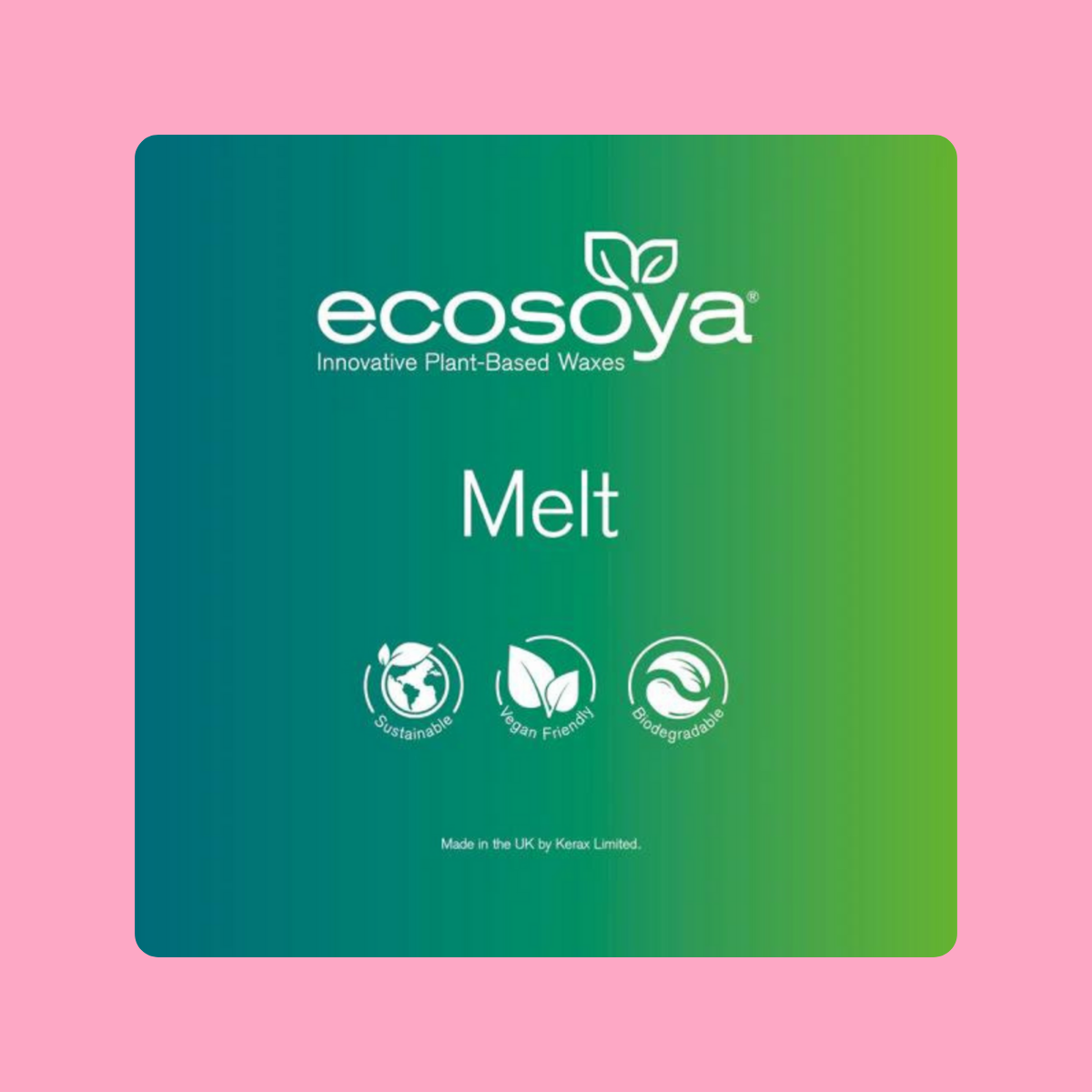
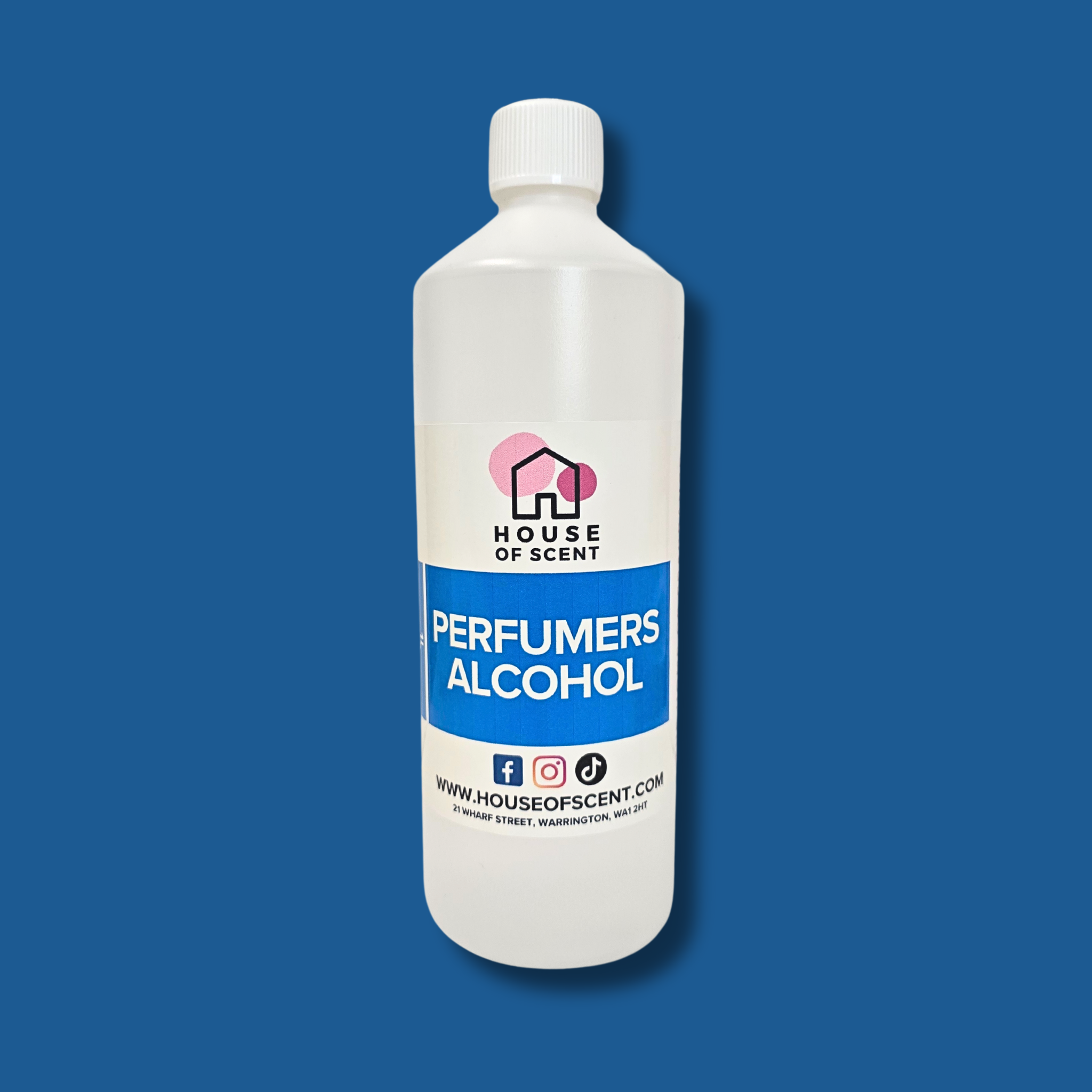
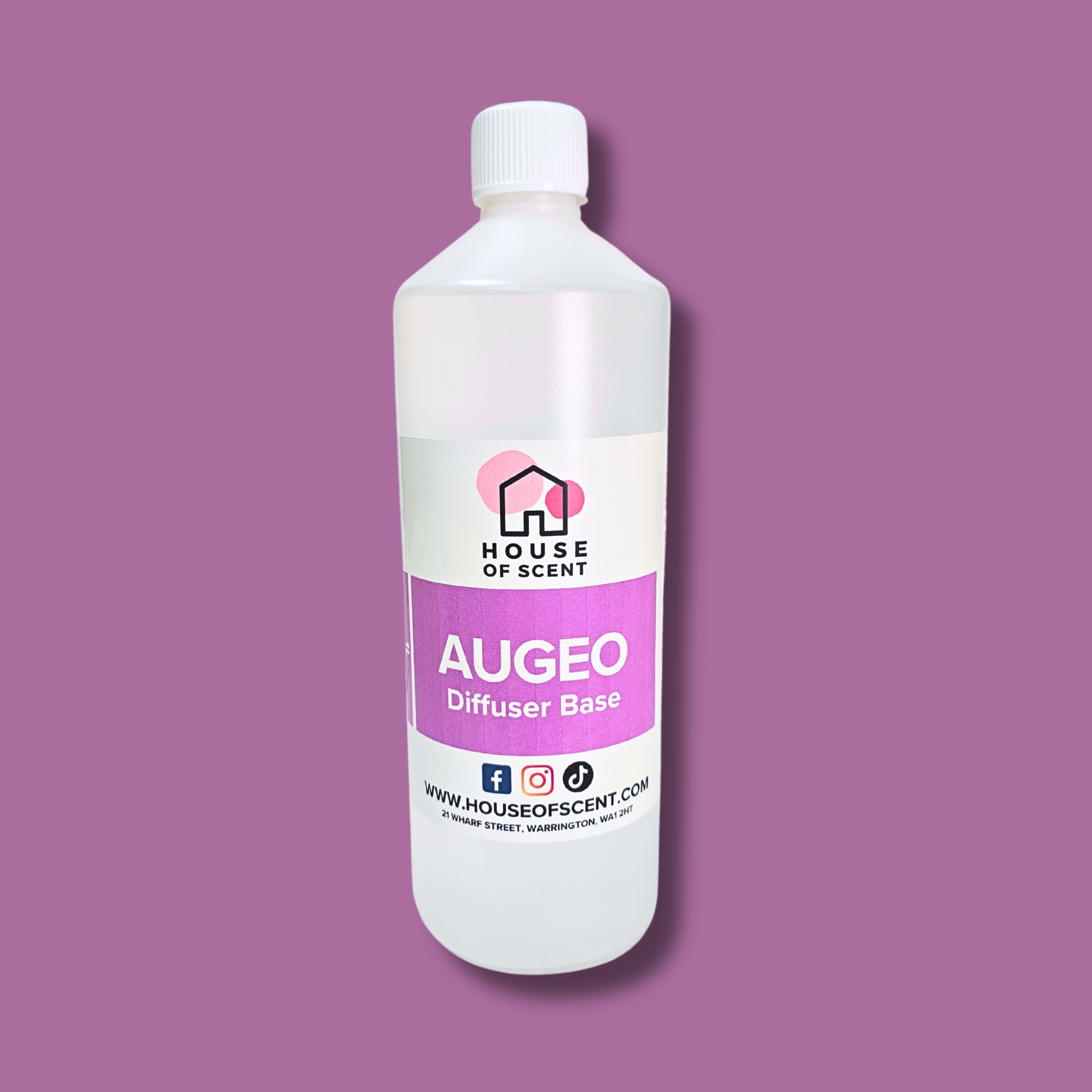
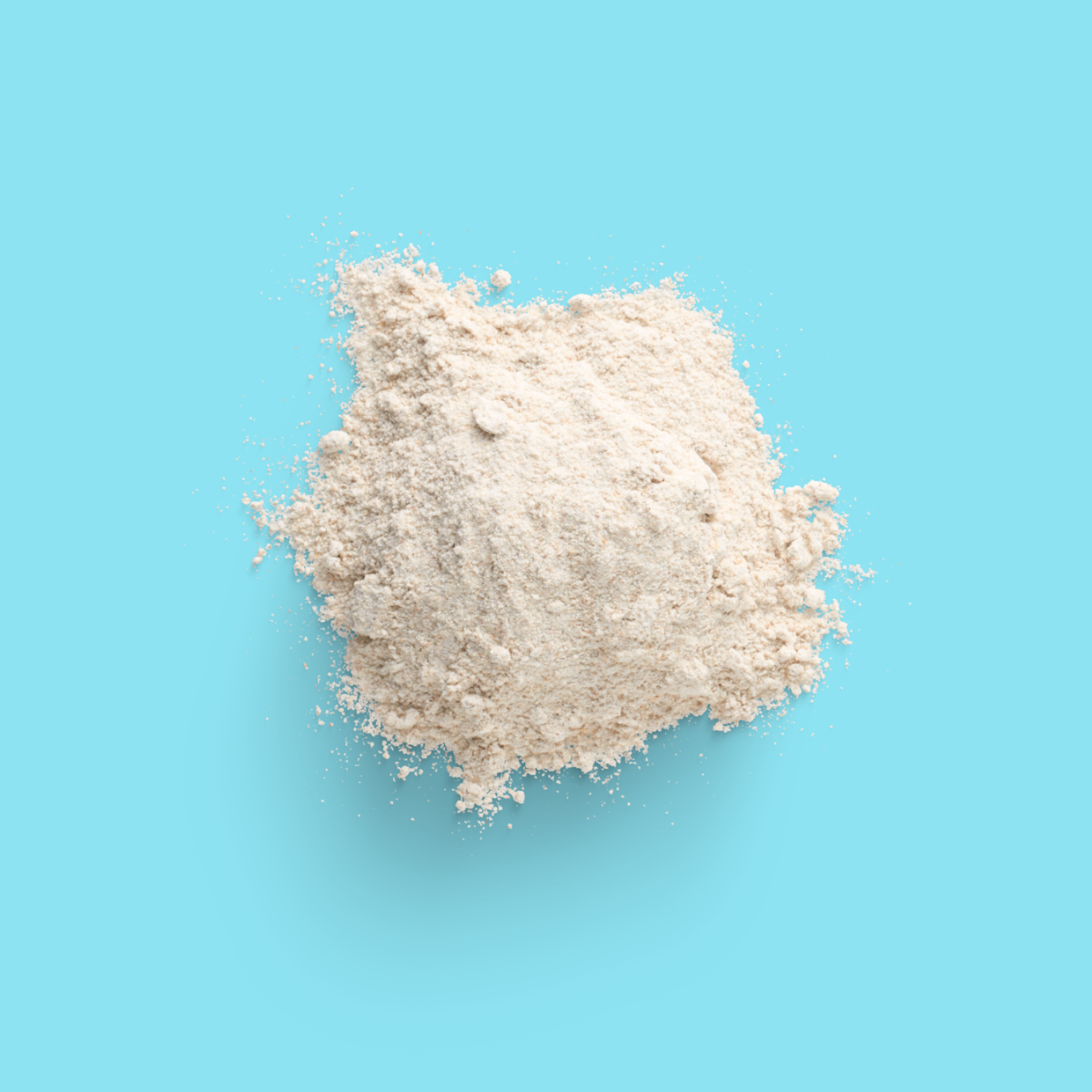
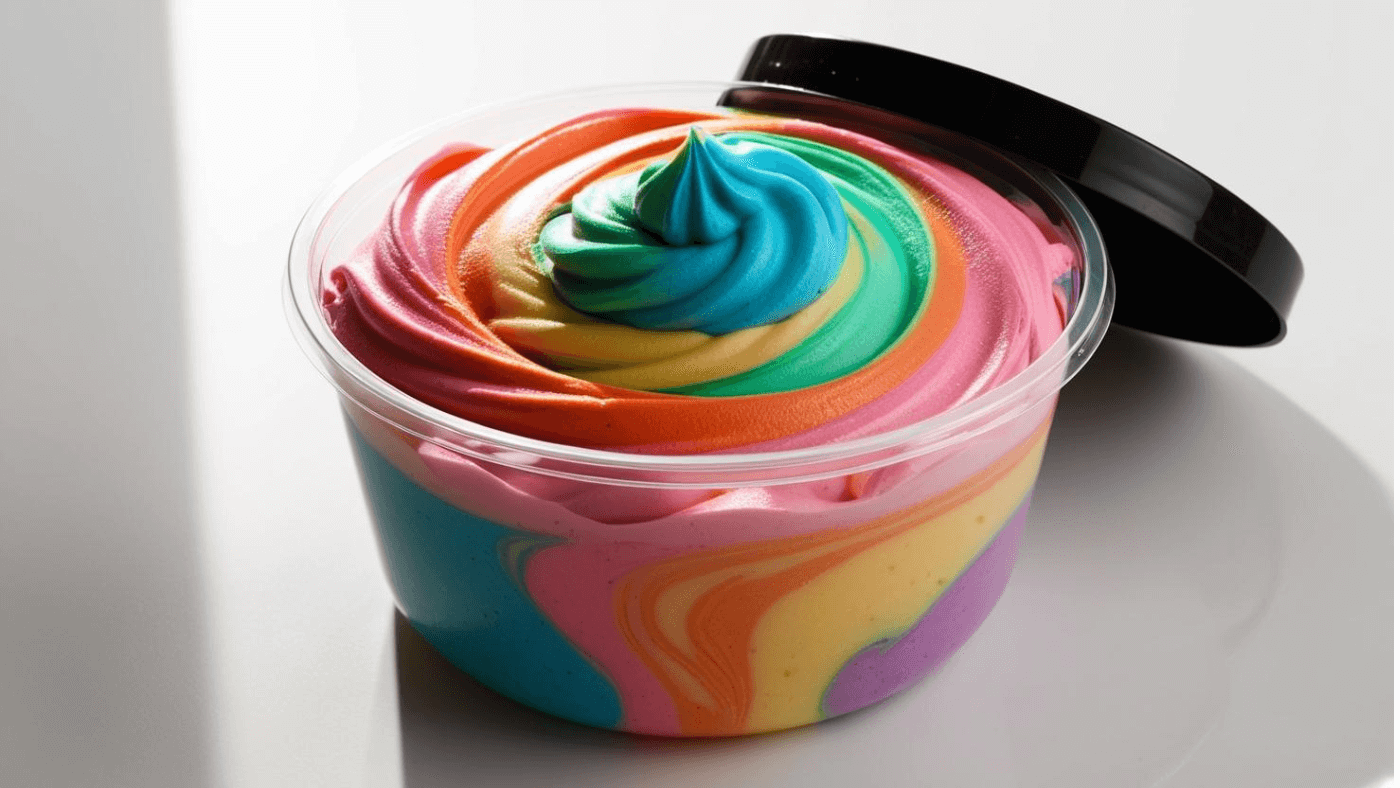
.jpg)
